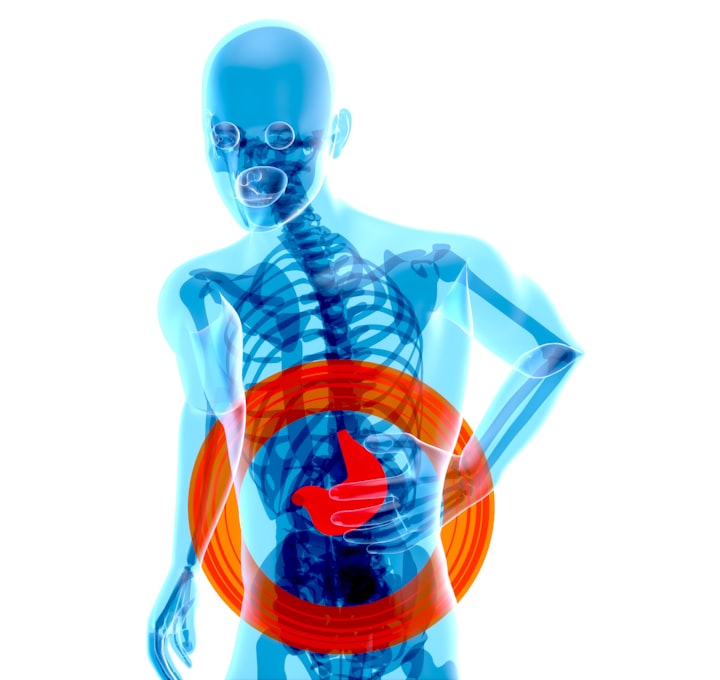
Pain, an enigmatic and multifaceted sensation, continues to captivate our curiosity as we delve deeper into its complexities. If I extinguished A match with my fingers, the fire activated my nose receptors, causing pain to travel up my nerves at an astonishing rate of 10 feet per second. The signal reached the ganglia and my spinal cord, where neurons diligently processed the information, alerting my brain to the presence of damaging stimuli in my fingers, compelling me to drop the match as it caused discomfort.
This intricate scientific explanation aligns with Renee Descartes' bell ringer theory of pain, wherein the intensity of pain is intricately linked to the body's response. Yet, intriguingly, there are perplexing instances, such as Scottish Farmer John Mitson cutting off his hand with a pocket knife without feeling pain, that challenge the simplicity of this theory. How can we precisely map the labyrinthine pathways through which our nervous system processes pain? Furthermore, it remains fascinating to observe how placebos crafted from mere sugar can cunningly trick this intricate network. Isn't it perplexing that something painful to one person can be surprisingly pleasurable to another? Moreover, the eerie sensation of phantom pain experienced in parts of the body that no longer exist bewilders and humbles us.
Indeed, pain appears to defy logic upon deep reflection. It stands as the most ancient feeling, pre-dating love by millions of years. Our ancestors needed pain as a protective mechanism, guarding them against peril in a primal world. Yet, paradoxically, pain also engenders suffering, weaving its intricate web into our lives. C.S. Lewis eloquently referred to pain as God's megaphone, and Buddha, through his teachings, underscored the inseparable connection between life and pain. It is indeed a conundrum - we possess a wealth of knowledge about pain's underlying mechanisms, but we remain woefully unskilled in navigating and managing it. We persistently strive to alleviate pain, adopting diverse approaches from altering our lifestyles to embracing potent medications and transformative surgeries. Yet, should we succeed in eradicating pain entirely, what essence of humanity would we lose in the process? Is pain an indispensable part of the human experience, fundamentally intertwined with our very existence?
Perhaps, tolerating pain is an unequivocal testament to our shared humanity. Just like in Dune, where Paul faced the agonizing ordeal of placing his hand in the mysterious green box, proving his humanity hinged on overcoming the primal instinct to surrender to pain. Pain, an invaluable educator, guides us through life's labyrinth, telling us what to shun and what to embrace. In a realm where plants do not feel pain due to their lack of behavioral patterns, and worms respond robotically to pre-programmed stimuli, complex animals with higher cognition rely on pain to survive and adapt their behavior.
Childbirth, the crucible of our species' survival, represents one of our earliest and most intense encounters with pain. Throughout history, diverse cultures have attempted to manipulate childbirth pain, whether by seeking natural, unadulterated experiences or resorting to interventions to mitigate its intensity. As our cognitive capacities rapidly evolved, so did our experience of pain, shaping its perception, frequency, intensity, and purpose. We find pain interwoven with our emotional and mental fabric, often intertwining with suffering, forging profound connections within ourselves.
In a bygone era, pain management was a crude affair, involving the dispensation of numbing zombie-like drugs or resorting to brain surgeries like lobotomies. Regrettably, such interventions disregarded the broader well-being of patients. However, the advent of the gate control theory of pain in 1965 marked a significant shift in our understanding. This innovative theory underscored the intricate nature of pain perception and the urgent need for holistic treatment, incorporating physical, mental, and emotional well-being into the equation.
The passage of time saw pain become a pressing political and societal issue, leading to the establishment of comprehensive welfare programs and compassionate support systems for those grappling with chronic pain. The concept of pain and suffering underwent a profound transformation, recognizing the importance of subjective experiences. Nevertheless, this subjectivity has also posed challenges for medical practitioners, as they navigate the intricacies of patient care and decision-making.
Pain, a timeless enigma, continues to elude our complete comprehension. It embodies the complexity of our evolutionary journey and the mosaic of our coping mechanisms through medical advancements and mental health interventions. It remains an intrinsic facet of the human experience, shaping our lives and prompting us to ponder the essence of our existence."






Comments
There are no comments for this story
Be the first to respond and start the conversation.